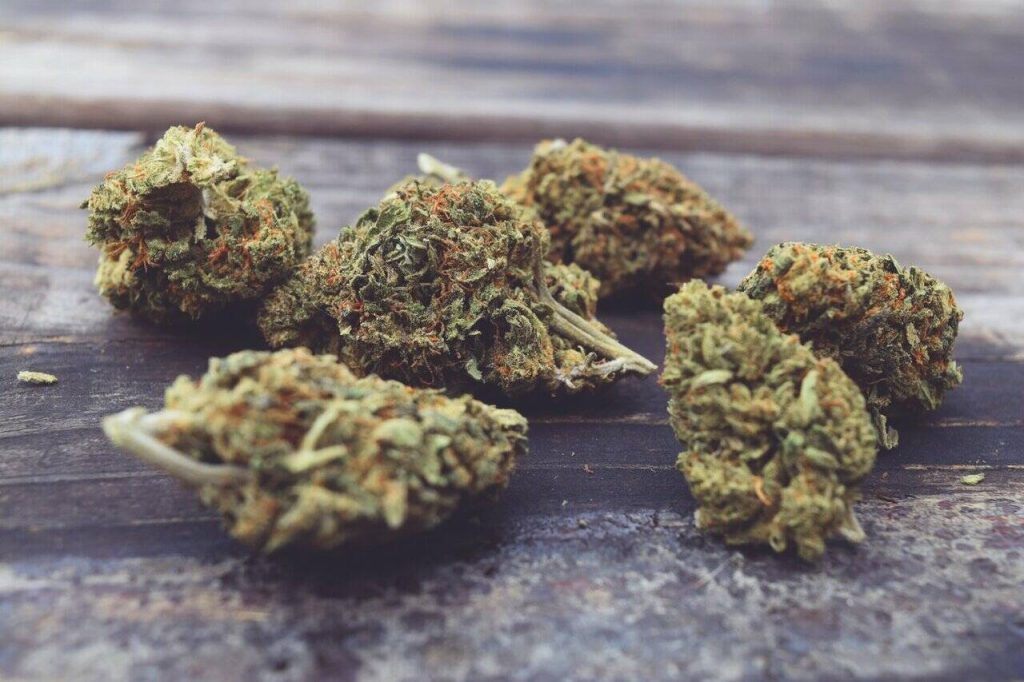THCa flower, often overshadowed by its more famous counterpart, THC, holds the key to unlocking cannabis’ full potential. THCa, or tetrahydrocannabinolic acid, is a non-psychoactive compound found in raw cannabis plants. It is the precursor to THC, the well-known psychoactive component of cannabis that produces the high typically associated with the plant. However, the potential benefits of THCa are only beginning to be fully understood as researchers delve deeper into its unique properties. THCa is present in fresh cannabis flowers and is converted to THC through a process called decarboxylation, which occurs when the plant is heated. This transformation is crucial for the psychoactive effects of cannabis, but it also means that THCa in its raw form offers a different set of benefits. One of the most compelling aspects of THCa is its potential therapeutic value. Preliminary studies suggest that THCa may have anti-inflammatory, neuroprotective, and anti-emetic properties. These benefits make it an intriguing option for medical cannabis users seeking relief without the intoxicating effects of THC.

The therapeutic potential of THCa is particularly notable for individuals with conditions such as chronic pain, arthritis, and neurodegenerative diseases. Its anti-inflammatory properties could help reduce pain and inflammation, providing relief for those who suffer from these debilitating conditions. Additionally, THCa’s neuroprotective effects may offer support for cognitive function, which could be beneficial for patients dealing with diseases like Alzheimer’s and Parkinson’s. Incorporating thca bulk flower into wellness routines can be done in various ways. Consuming raw cannabis, such as in the form of juiced leaves or fresh flowers, allows users to reap the benefits of THCa without experiencing the psychoactive effects of THC. This method of consumption is gaining popularity among those who are interested in the medicinal properties of cannabis but prefer to avoid the high associated with traditional use.
Raw cannabis is also being used in smoothies, salads, and other dietary applications, making it accessible and easy to integrate into daily routines. Moreover, the use of THCa in the form of tinctures or capsules allows for precise dosing and targeted therapeutic effects. These products are often designed to maintain the raw state of THCa, ensuring that users can benefit from its properties without the need for heating or processing that converts it into THC. As research continues to uncover the full range of THCa’s potential, its applications in both medical and wellness contexts are likely to expand. In summary, THCa flower represents a promising frontier in cannabis research and application. Its non-psychoactive nature and potential therapeutic benefits offer an alternative to traditional THC-centric cannabis products. As more people become aware of THCa and its advantages, it could revolutionize the way we approach cannabis for health and wellness, unlocking new possibilities for those seeking relief and balance.